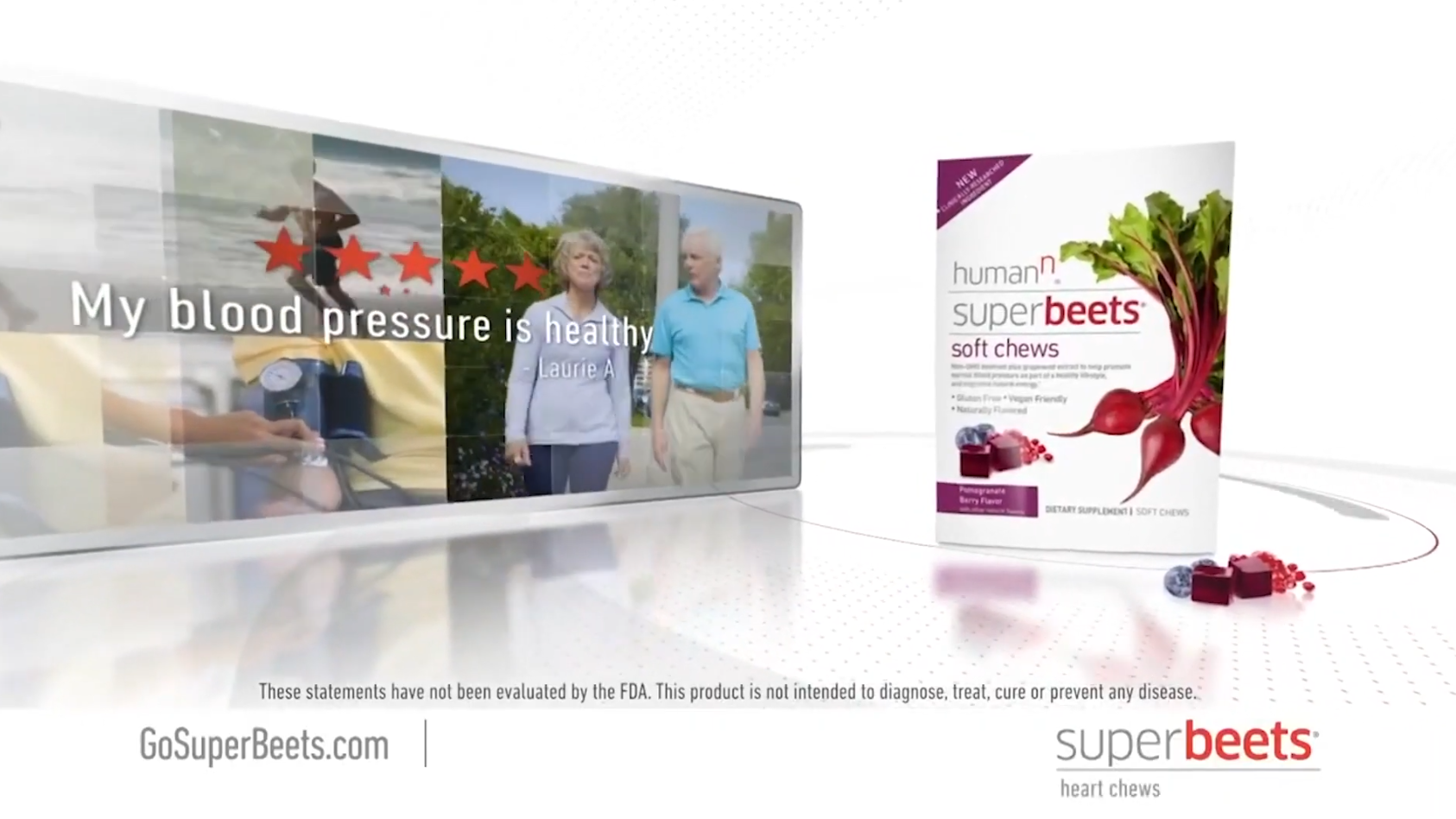
Unapproved Eye Products
FDA targets companies selling eye drops illegally marketed to treat conditions like pink eye.
“When it comes to getting your flu shot, CVS is pretty flex,” the pharmacy chain boasts in a TV ad touting its “free” flu shots.
For those who may not be up on the latest teen slang, to “flex” is to flaunt or to brag about something. But it can also mean to exaggerate the truth. Which seems pretty fitting here.
That’s because there’s a lot of people for whom the chain’s “free” flu shots are not free – the uninsured.
After receiving a tip from a consumer, TINA.org found that while fine print in the ad discloses, “No cost with most insurance,” the disclaimer flashes onscreen for just a few seconds. That, combined with the size and location of the disclaimer, makes it easy for consumers to miss. (Also, most insurance does not mean all insurance.)
Meanwhile, CVS doubles down on its “free” claims with the following back and forth between the narrator and an actor in the ad:
Narrator: “Speaking of free, our flu shots are, well, free.”
Actor: “Really?”
Narrator: “Yes, really.”
As of 2022, more than 27 million people in the United States did not have health insurance. For these individuals, the cost of a CVS flu shot ranges from $62.99 to $106.99, according to the CVS website.
In response to a request for comment, a CVS spokesman told TINA.org:
Consistent with FTC regulations, the advertisement includes the disclosure statement “No cost with most insurance. Age and other restrictions apply.”
But the FTC is clear that fine print isn’t supposed to contradict other statements in ads or clear up false impressions the ad might leave and it cannot be used to cure false or misleading ad claims. In addition, disclosures of important information must be conspicuous (i.e., not buried in quickly disappearing fine print).
Find more of our coverage on cold and flu products here.
Our Ad Alerts are not just about false and deceptive marketing issues, but may also be about ads that, although not necessarily deceptive, should be viewed with caution. Ad Alerts can also be about single issues and may not include a comprehensive list of all marketing issues relating to the brand discussed.
FDA targets companies selling eye drops illegally marketed to treat conditions like pink eye.
TINA.org zooms in on the fine print in ad for “heart chews.”
Products’ purported efficacy against COVID-19 reflects results from lab studies, not real-world studies. There’s a big difference.

